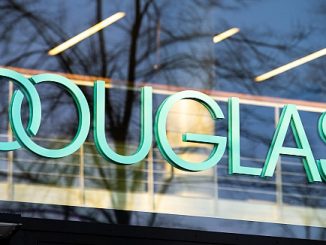
The German Cosmetics Trade Association (Handelsverband Kosmetik) has made a clear stand against the proposed reclassification of ethanol under EU chemical legislation, which would effectively ban its use in everyday products. This controversial measure, if implemented, threatens to disrupt the availability, safety, and quality of many cosmetic items relied upon by millions daily.
Crucial role not only in consumer products but also in public health and hygiene
Ethanol is a fundamental and proven ingredient in a wide range of cosmetics, playing a crucial role not only in consumer products but also in public health and hygiene, especially in disinfectants. The association points out that the proposed classification of ethanol as carcinogenic and toxic to reproduction is based solely on data related to excessive alcohol consumption—data that cannot be extrapolated to its safe application in cosmetics and hygiene products.
Elmar Keldenich, Managing Director of the Handelsverband Kosmetik, emphasises, “This misguided evaluation overlooks the essential and safe role ethanol plays in our industry. Such a ban would severely restrict product diversity and impose significant bureaucratic burdens on manufacturers and retailers, ultimately harming Europe’s economic position and the consumer alike.”
Association urges reconsider the reclassification by carefully weighing all scientific facts
The association urges European policymakers to reconsider the reclassification by carefully weighing all scientific facts and to preserve ethanol’s status as a safe, established, and indispensable component in cosmetics and other everyday items. The Handelsverband Kosmetik remains open to constructive dialogue with stakeholders and authorities to find balanced solutions that safeguard safety, innovation, and economic interests.
This position highlights the critical balance between regulatory measures and practical industry realities, advocating for evidence-based decisions that protect consumers without stifling market availability and innovation.
[Text: epcnews/Graphic: Handelsverband Kosmetik]



